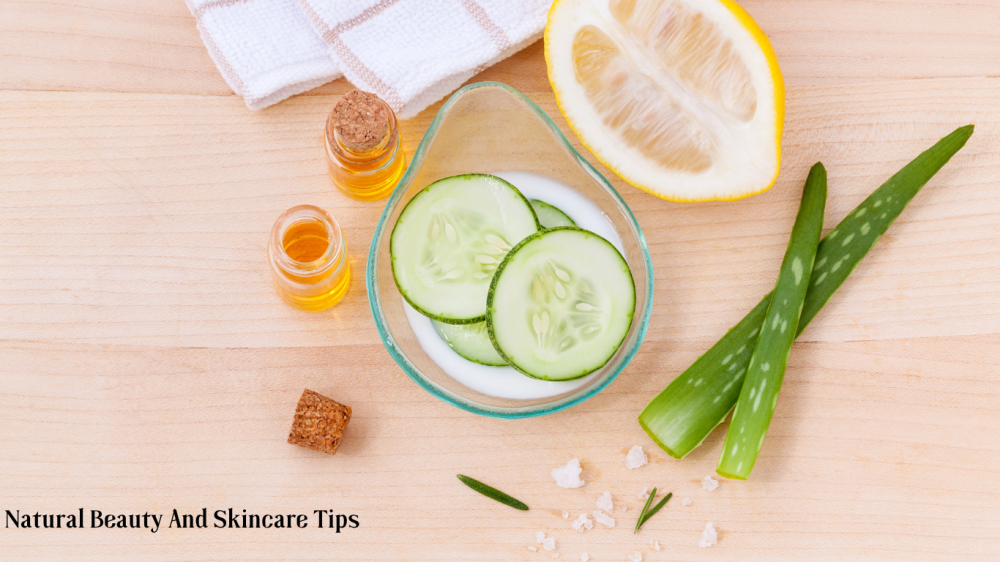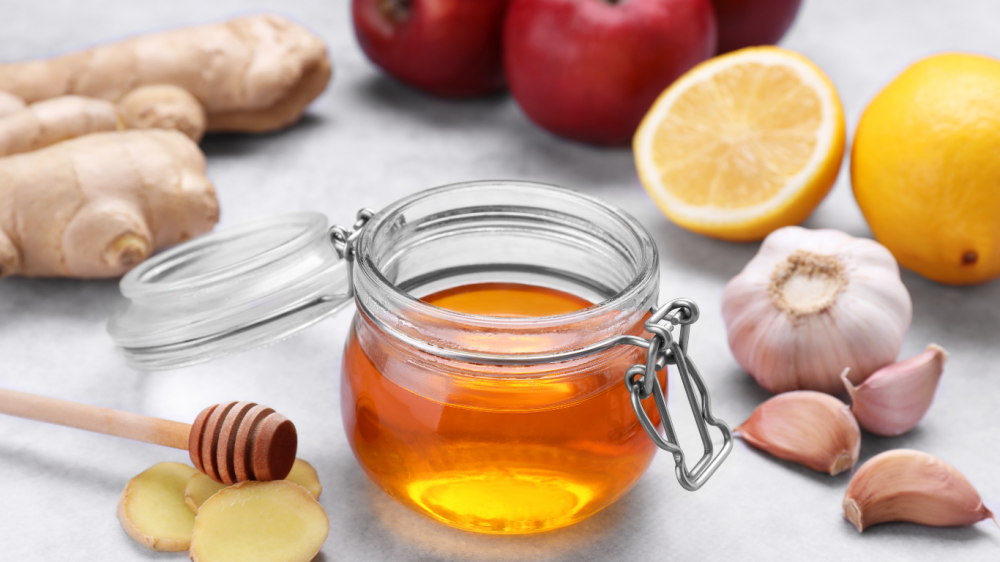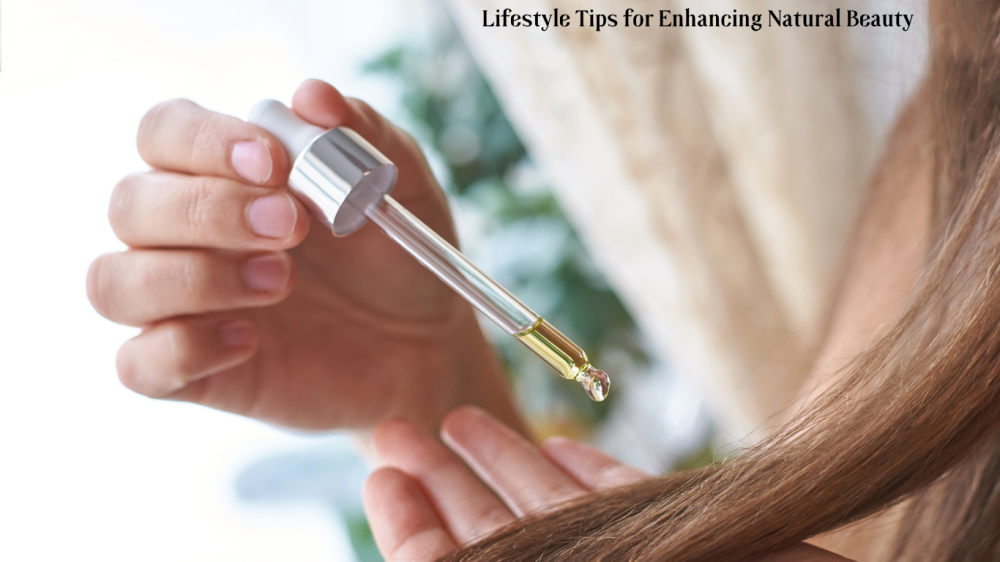
Nature offers an abundance of ingredients that can do wonders for your skin. While the beauty industry often leans heavily on synthetic ingredients, there’s a growing shift towards embracing natural alternatives. Here, I’ll guide you through the benefits of natural ingredients, how to identify skin-friendly botanicals, some DIY skincare recipes, and tackle common myths and facts about natural skincare.
Natural ingredients tend to be gentle and nourishing. They’re packed with vitamins, minerals, and antioxidants without the harsh chemicals found in many commercial products. For instance, aloe vera is known for its soothing properties, perfect for calming irritated skin. Similarly, honey is a natural humectant that helps your skin retain moisture.
When looking for skin-friendly botanicals, focus on plants that are known for their skincare benefits. Chamomile, with its anti-inflammatory properties, can reduce redness and irritation. Green tea, rich in antioxidants, can help fight against free radicals that age the skin. Another favorite is rosehip oil, packed with essential fatty acids and vitamins that are great for revitalizing the skin.
Creating your own skincare products at home can be both fun and rewarding. A simple honey and yogurt mask can hydrate and brighten your complexion. Or try a green tea and aloe vera face mist for an antioxidant boost that also refreshes your skin throughout the day. For exfoliation, a mixture of brown sugar and olive oil can gently remove dead skin cells, revealing smoother skin underneath.
There are plenty of myths surrounding natural skincare. One common myth is that natural products are always safer and more effective. While natural ingredients can be beneficial, it’s important to patch test new products and be aware that they aren’t necessarily hypoallergenic. Another myth is that if something is edible, it’s safe to put on your skin. Remember, your skin’s needs differ from your stomach’s!
Daily Skincare Routine for Radiant Skin

Maintaining a daily skincare routine using natural products can transform your skin. The key steps—cleansing, exfoliating, moisturizing, and protecting—become even more effective when you incorporate ingredients straight from nature.
Cleansing is the foundation of any skincare routine. Using natural products like a gentle oil cleanser made from jojoba or almond oil can help remove impurities without stripping your skin of its natural oils. Look for castile soap, which is made from olive oil, to create a mild, nourishing cleanser.
Exfoliation is crucial for shedding dead skin cells and promoting cell turnover. Natural exfoliants like oatmeal or ground coffee beans can offer gentle abrasion. Unlike chemical exfoliants that can be harsh, these natural options provide a mild yet effective way to keep your skin smooth and clear.
Moisturizing is essential for keeping your skin hydrated and supple. Natural moisturizers like shea butter or coconut oil can deeply nourish your skin. These ingredients not only provide intense hydration but also have anti-inflammatory and healing properties, perfect for maintaining a healthy glow.
Protecting your skin from environmental stressors is a crucial, often overlooked step. Natural sunscreens containing ingredients like zinc oxide can provide broad-spectrum protection without the harmful chemicals found in many over-the-counter products. Additionally, antioxidants like vitamin C can help shield your skin from pollution and uvula damage.
Incorporating these natural elements into your routine can help you achieve radiant skin while minimizing your exposure to harsh chemicals. It’s about finding the right balance and paying attention to what your skin responds to best. With a consistent routine, you’ll start to see and feel the benefits.
Natural Remedies for Common Skin Issues

Nature holds solutions for many common skin problems. While there are plenty of over-the-counter products available, natural remedies can provide effective and gentle alternatives for issues like acne, aging, sensitivity, and hyperpigmentation.
Acne can be a persistent challenge, but natural treatments can help manage it. Tea tree oil, renowned for its antimicrobial properties, can reduce acne-causing bacteria. A toner made with witch hazel can soothe inflammation and help control excess oil. Using a honey and cinnamon mask can also act as a natural antibacterial treatment.
Addressing signs of aging with natural ingredients can be both effective and nourishing. Rosehip seed oil, rich in vitamin A and essential fatty acids, can help reduce the appearance of fine lines and increase cell turnover. Pomegranate extract, bursting with antioxidants, can combat free radicals and improve skin elasticity. Regularly applying a green tea-infused serum can bring a youthful glow to mature skin.
Sensitive skin requires extra care, and gentle botanicals can offer relief. Chamomile extract has anti-inflammatory properties that can calm redness and irritation. Using a calendula-infused balm can help soothe and repair the skin barrier. Additionally, a face mask made from cucumber and aloe vera can provide cooling and hydrating effects.
Hyperpigmentation, or dark spots, can be addressed with natural brightening agents. Lemon juice, known for its vitamin C content, can lighten dark spots when used sparingly. Turmeric, with its anti-inflammatory and antioxidant properties, can help even out skin tone. Applying a mask made from papaya, which contains natural enzymes, can gently exfoliate the skin, reducing pigmentation over time.
Lifestyle Tips for Enhancing Natural Beauty

Your overall lifestyle has a significant impact on your skin’s health and appearance. Nutritional choices, exercise routines, hydration habits, and stress management all play crucial roles in maintaining natural beauty.
Nutrition is a cornerstone of healthy skin. Incorporating a diet rich in fruits, vegetables, lean proteins, and healthy fats can directly benefit your complexion. Foods high in antioxidants, such as berries and leafy greens, help fight off free radicals that can cause premature aging. Omega-3 fatty acids found in fish and flaxseed can maintain your skin’s moisture barrier.
Regular exercise does more than tone muscles; it boosts circulation, promoting healthy blood flow to the skin. This helps deliver essential nutrients and oxygen to skin cells, resulting in a natural glow. Sweating during workouts can also help detoxify your skin, but be sure to cleanse your face afterward to avoid clogged pores.
Hydration is another key to glowing skin. Drinking plenty of water helps flush out toxins and keeps your skin hydrated from the inside out. Additionally, consuming water-rich foods like cucumbers and watermelon can boost your hydration levels.
Managing stress is essential for maintaining skin health. Chronic stress can lead to issues like acne breakouts and dull skin. Practicing mindfulness techniques such as meditation, yoga, or simple deep-breathing exercises can lower stress levels, benefiting your skin and overall well-being.
Adjusting your lifestyle habits in these areas can enhance not only your skin but your overall quality of life. A holistic approach to natural beauty, considering both internal and external factors, can yield the most radiant and lasting results.


Recent Comments